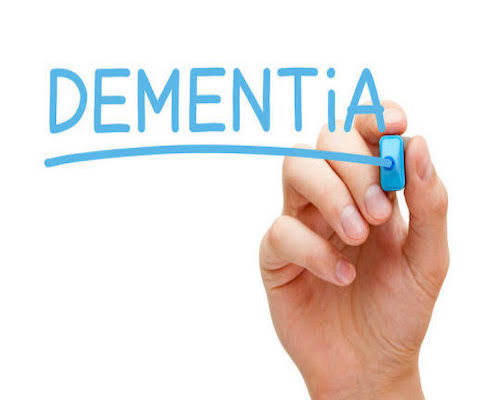healthysoch
New Delhi, May 06, 2019 :
National Institutes of Health scientists have identified a new type of dementia and have named it LATE or Limbic-predominant Age-related TDP-43 Encephalopathy as reported April 30, 2019, in the journal Brain.
LATE is an under- recognised condition and the “oldest-old” (80 years and older) are at greatest risk of developing it.
LATE affects multiple areas of cognition, ultimately impairing activities of daily life. It mimics the clinical features of Alzheimer’s disease, but is more slowly progressing. But, LATE combined with Alzheimer’s causes a more rapid decline than either condition alone would.
Now there is rising appreciation that a variety of diseases and disease processes contribute to dementia. Each condition appears differently when a brain sample is examined at autopsy. However, it has been increasingly clear that in advanced age, a large number of people had symptoms of dementia without the telltale signs in their brain at autopsy. Emerging research seems to indicate that the protein TDP-43 may contribute to that phenomenon.
The autopsy diagnosis has been suggested in three stages, according to where in the brain TDP-43 is detected:
- Stage 1: amygdala only
- Stage 2: amygdala and hippocampus
- Stage 3: amygdala, hippocampus and middle frontal gyrus
TDP-43 (transactive response DNA binding protein of 43 kDa) is a protein that normally helps to regulate gene expression in the brain and other tissues. Recent research has shown misfolded TDP-43 protein as being very common in older adults. Around 25% of people over 85 years of age have enough misfolded TDP-43 protein to affect their memory and/or thinking abilities.
Unusually misfolded TDP-43 has a causative role in most cases of amyotrophic lateral sclerosis and frontotemporal lobar degeneration. TDP-43 pathology is also commonly associated with hippocampal sclerosis. The hippocampal region of brain plays an important role in memory and learning. Therefore, cognitive impairment as the symptoms of hippocampal sclerosis may appear to be very similar to the effects of Alzheimer’s disease.
(Source: NIH, April 30, 2019)
Author : Dr KK Aggarwal ,Padma Shri Awardee







